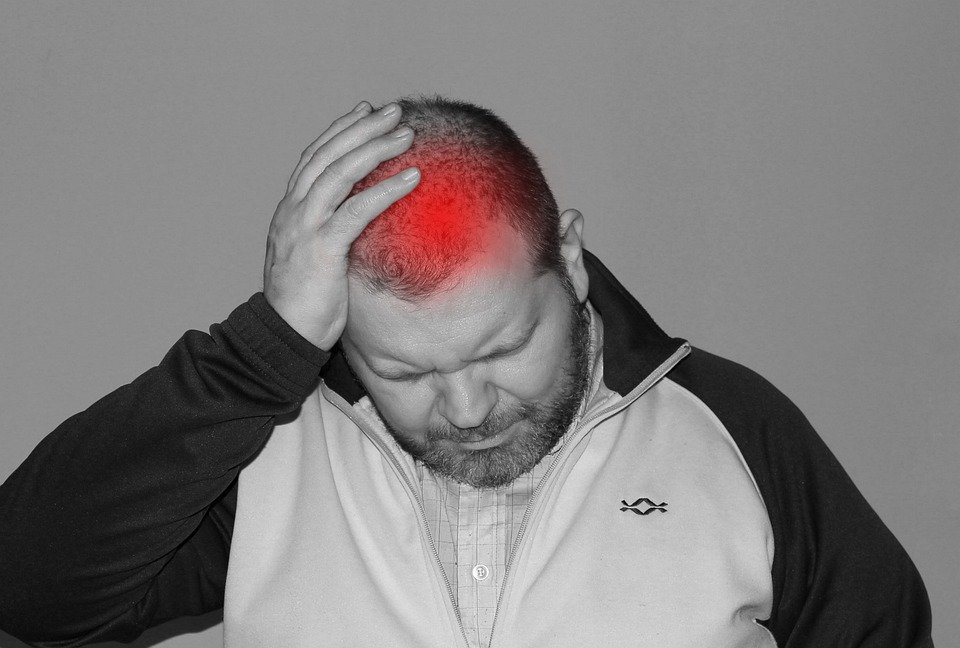
In recent years, the popularity of cannabidiol (CBD) as a natural remedy has surged, particularly in the realm of pain management. This non-psychoactive compound derived from the cannabis plant has been lauded for its potential to alleviate various types of pain, including the debilitating discomfort caused by migraines and headaches. As more people seek alternatives to traditional pharmaceuticals, CBD is emerging as a promising option. This article delves into the potential of CBD as a natural solution for migraine and headache relief, exploring its mechanisms, benefits, and considerations for use.
Understanding Migraines and Headaches
Migraines and headaches are common neurological conditions that affect millions of people worldwide. While they share some symptoms, they differ in their causes and severity. A headache is usually characterized by a dull, aching sensation in the head, whereas a migraine is a more severe form of headache often accompanied by additional symptoms such as nausea, vomiting, and sensitivity to light and sound. Migraines can last for hours or even days, severely impacting a person’s quality of life.
Causes of Migraines and Headaches
The exact cause of migraines remains elusive, but they are believed to result from a combination of genetic, environmental, and neurological factors. Triggers can vary widely among individuals and may include stress, hormonal changes, certain foods, and even weather changes. Tension headaches, the most common type of headache, are often linked to stress and muscle tension.
The Science Behind CBD
CBD is one of over 100 cannabinoids found in the cannabis plant. Unlike tetrahydrocannabinol (THC), CBD does not produce a “high.” Instead, it interacts with the body’s endocannabinoid system (ECS), a complex network of receptors and neurotransmitters that play a crucial role in maintaining homeostasis.
How CBD Works
CBD is thought to influence the ECS by modulating the activity of endocannabinoids, which are naturally occurring compounds in the body that bind to cannabinoid receptors. This interaction can result in a variety of effects, including pain relief, reduced inflammation, and relaxation. Additionally, CBD may influence non-cannabinoid receptors, such as serotonin receptors, which are involved in pain perception and mood regulation.
CBD for Migraine and Headache Relief
The use of CBD for migraine and headache relief is gaining attention due to its potential to address both the symptoms and underlying causes of these conditions.
Anti-inflammatory Properties
Inflammation is a key contributor to the pain experienced during a migraine or headache. CBD has been shown to possess anti-inflammatory properties, which can help reduce the inflammation in the brain and surrounding tissues that may be contributing to the pain.
Pain Modulation
CBD’s interaction with the ECS and other receptors can influence the perception of pain. By modulating the activity of pain pathways in the brain, CBD may offer relief from the intense pain associated with migraines and headaches.
Reduction of Triggers
For some individuals, stress and anxiety are significant migraine triggers. CBD has been studied for its anxiolytic (anxiety-reducing) effects, which could potentially help reduce the frequency of migraines triggered by stress.
Research and Evidence
While anecdotal evidence supporting the use of CBD for migraine and headache relief is abundant, scientific research on the topic is still in its early stages. However, several studies have provided promising insights.
Clinical Studies
A study published in the Journal of Headache and Pain in 2019 explored the potential of cannabinoids in migraine treatment. The researchers found that cannabinoids, including CBD, were effective in reducing migraine frequency and severity in some patients. Another study in the European Journal of Pain demonstrated that CBD applied topically could help reduce pain and inflammation associated with arthritis, suggesting potential benefits for headaches as well.
Animal Studies
Animal studies have also contributed to our understanding of CBD’s effects on pain. Research published in the journal Pain in 2017 found that CBD administration reduced pain and improved quality of life in rats with chronic pain conditions, supporting the notion that CBD could be beneficial for headache sufferers.
Considerations for Use
While CBD shows promise as a natural solution for migraine and headache relief, there are several factors to consider before incorporating it into your regimen.
Dosage and Administration
Determining the appropriate dosage of CBD can be challenging, as it varies depending on factors such as body weight, metabolism, and the severity of symptoms. It is generally recommended to start with a low dose and gradually increase until the desired effects are achieved. CBD is available in various forms, including oils, capsules, edibles, and topicals, allowing individuals to choose the method that best suits their needs.
Potential Side Effects
CBD is generally well-tolerated, but some individuals may experience side effects such as dry mouth, dizziness, or changes in appetite. It is important to consult with a healthcare professional before starting CBD, especially if you are taking other medications.
Legal Considerations
The legality of CBD varies by country and region. In many places, CBD derived from hemp (containing less than 0.3% THC) is legal, but it is essential to verify the regulations in your area before purchasing or using CBD products.
Conclusion
CBD holds significant potential as a natural solution for migraine and headache relief. Its anti-inflammatory, pain-modulating, and anxiolytic properties make it an attractive alternative for those seeking to manage their symptoms without relying on traditional pharmaceuticals. While more research is needed to fully understand the mechanisms and efficacy of CBD for migraines and headaches, existing studies and anecdotal evidence suggest that it may offer relief for some individuals. As always, it is crucial to consult with a healthcare provider before beginning any new treatment regimen.
#ChatGPT assisted in the creation of this article.







